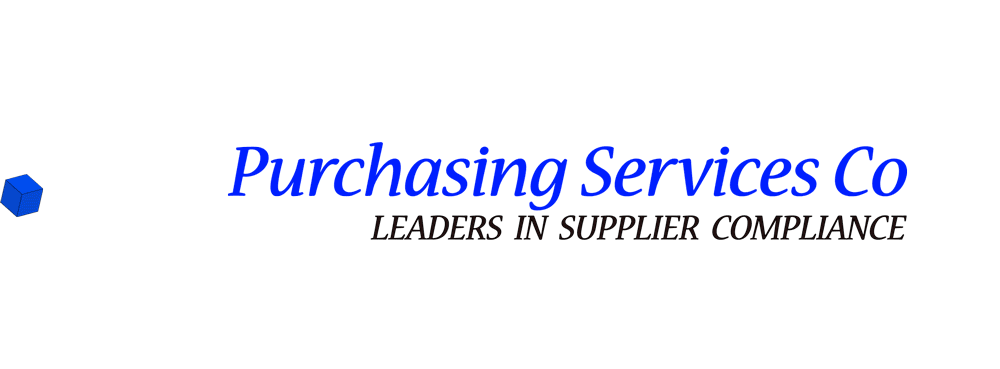ISO Spotlight Series: 9001
ISO 9001 sets the global standard for Quality Management Systems (QMS). While not solely focused on safety, ISO 9001 includes requirements for managing risks related to product and service quality, which can indirectly impact safety.
The benefits of ISO 9001 certification extend far beyond the confines of quality management.
In the dynamic landscape of business, quality stands as a cornerstone of success. The ISO 9001 certification emerges as a beacon guiding organizations toward excellence. This certification was introduced in 1987, and is continuously updated to reflect evolving industry needs. It offers a structured framework for enhancing product and service quality while driving continual improvement.
At its core, ISO 9001 is not merely a badge of honor but a commitment to excellence ingrained in an organization’s DNA. It fosters a culture of quality consciousness. Every process, from product development to customer service, is meticulously scrutinized to ensure adherence to the highest standards.
Customer Focus
One of the fundamental principles of ISO 9001 is customer focus. By placing the customer at the heart of operations, organizations strive to understand and meet their needs, ultimately enhancing customer satisfaction and loyalty. ISO 9001-certified companies demonstrate their unwavering dedication to delivering products and services that consistently meet or exceed customer expectations.
Central to ISO 9001 is the concept of continual improvement. Organizations are encouraged to embrace a mindset of ongoing refinement, constantly seeking out opportunities to optimize processes, enhance efficiency, and drive innovation. By systematically identifying and addressing areas for improvement, ISO 9001-certified companies ensure their operations remain agile and responsive in an ever-evolving business landscape.
ISO 9001 emphasizes the importance of evidence-based decision-making.
By leveraging data and performance metrics, organizations gain valuable insights into the effectiveness of their processes and the overall health of their QMS.
Benefits
The benefits of ISO 9001 certification extend far beyond the confines of quality management. By adhering to its principles, organizations can streamline operations, reduce waste, and enhance productivity. Moreover, ISO 9001 certification serves as a powerful differentiator in the marketplace, instilling confidence in customers and opening doors to new opportunities.
In conclusion, ISO 9001 certification represents a commitment to excellence and a testament to an organization’s unwavering dedication to quality. By embracing its principles and practices, companies can not only drive operational excellence but also build enduring relationships with customers.

